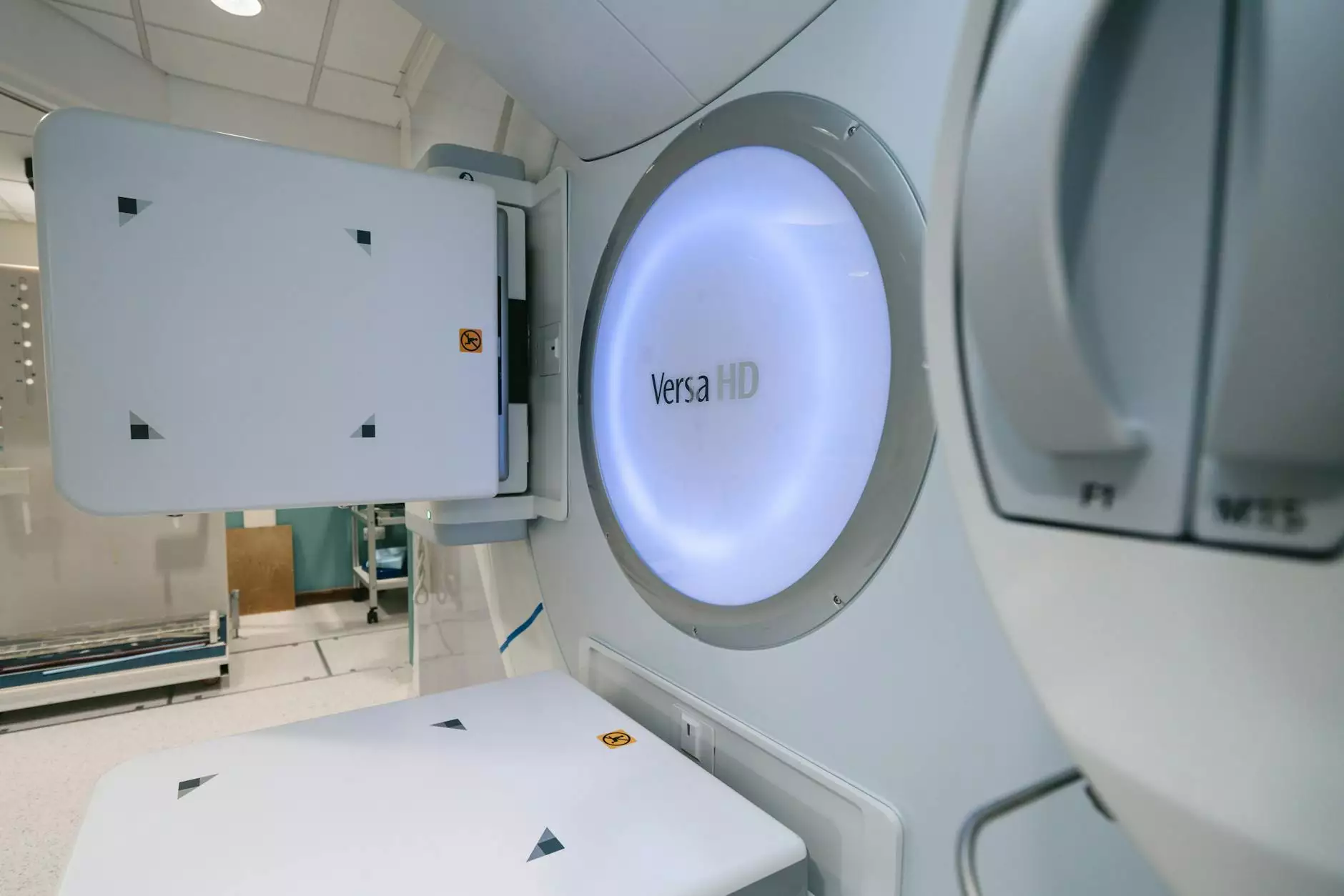Find the Right Cancer Specialist: Your Guide to Comprehensive Care

Cancer is one of the most challenging diseases that humanity faces. It’s a condition that affects millions of individuals worldwide and requires specialized care. In this article, we will explore the vital role of a cancer specialist and how they can make a significant difference in patient outcomes. We will also outline how to choose the right cancer specialist, what qualifications to consider, and the importance of a multidisciplinary approach in oncology.
Understanding the Role of a Cancer Specialist
A cancer specialist, often known as an oncologist, is a medical doctor with specialized training in diagnosing, treating, and managing cancer. They are crucial in formulating treatment plans tailored to individual patients, taking into account the type and stage of cancer, as well as the patient’s overall health and preferences.
Types of Cancer Specialists
Oncology is a broad field with various subspecialties. Here’s a breakdown:
- Medical Oncologists: Focus on chemotherapy, hormonal therapy, and immunotherapy.
- Surgical Oncologists: Specialize in removing tumors surgically.
- Radiation Oncologists: Use radiation therapy to treat cancer.
- Pediatric Oncologists: Work specifically with children diagnosed with cancer.
- Gynecologic Oncologists: Focus on cancers of the female reproductive system.
Why You Need a Cancer Specialist
Choosing the right cancer specialist is critical for a variety of reasons:
1. Expert Knowledge and TrainingOncology is a rapidly evolving field. Cancer specialists undergo extensive education and training, including:
- A medical degree (MD or DO)
- Residency in internal medicine or surgery
- Fellowship in oncology
This level of expertise ensures that they are up-to-date with the latest research, treatment protocols, and clinical trials.
2. Personalized Treatment PlansEvery cancer case is unique. A cancer specialist will conduct a thorough assessment, including medical history, diagnostic tests, and imaging studies, to create a personalized treatment plan tailored to the patient’s specific needs.
3. Multidisciplinary Team ApproachEffective cancer treatment often involves a team of specialists. A cancer specialist coordinates with other healthcare providers, including nurses, nutritionists, radiologists, and palliative care specialists, ensuring that the patient receives comprehensive care.
Choosing the Right Cancer Specialist
Selecting the best cancer specialist can be overwhelming. Here are some essential factors to consider:
1. Credentials and ExperienceVerify the doctor’s credentials, including board certification in oncology and years of practice. Experienced oncologists often have encountered various cancer types and can manage complex cases more effectively.
2. Hospital AffiliationFind out where the specialist practices. Teaching hospitals often have more resources and access to cutting-edge treatments, clinical trials, and a more extensive network of healthcare professionals.
3. Approach to TreatmentConsider the oncologist’s treatment philosophy. Are they open to integrative or alternative therapies? A specialist who supports a holistic treatment approach may be beneficial.
4. Communication SkillsEffective communication is vital in a specialist-patient relationship. Choose a cancer specialist who listens to your concerns, provides clear information, and encourages questions.
5. Patient Reviews and TestimonialsResearch patient reviews and testimonials to gain insight into other patients’ experiences. Websites like Healthgrades or RateMDs can be helpful.



